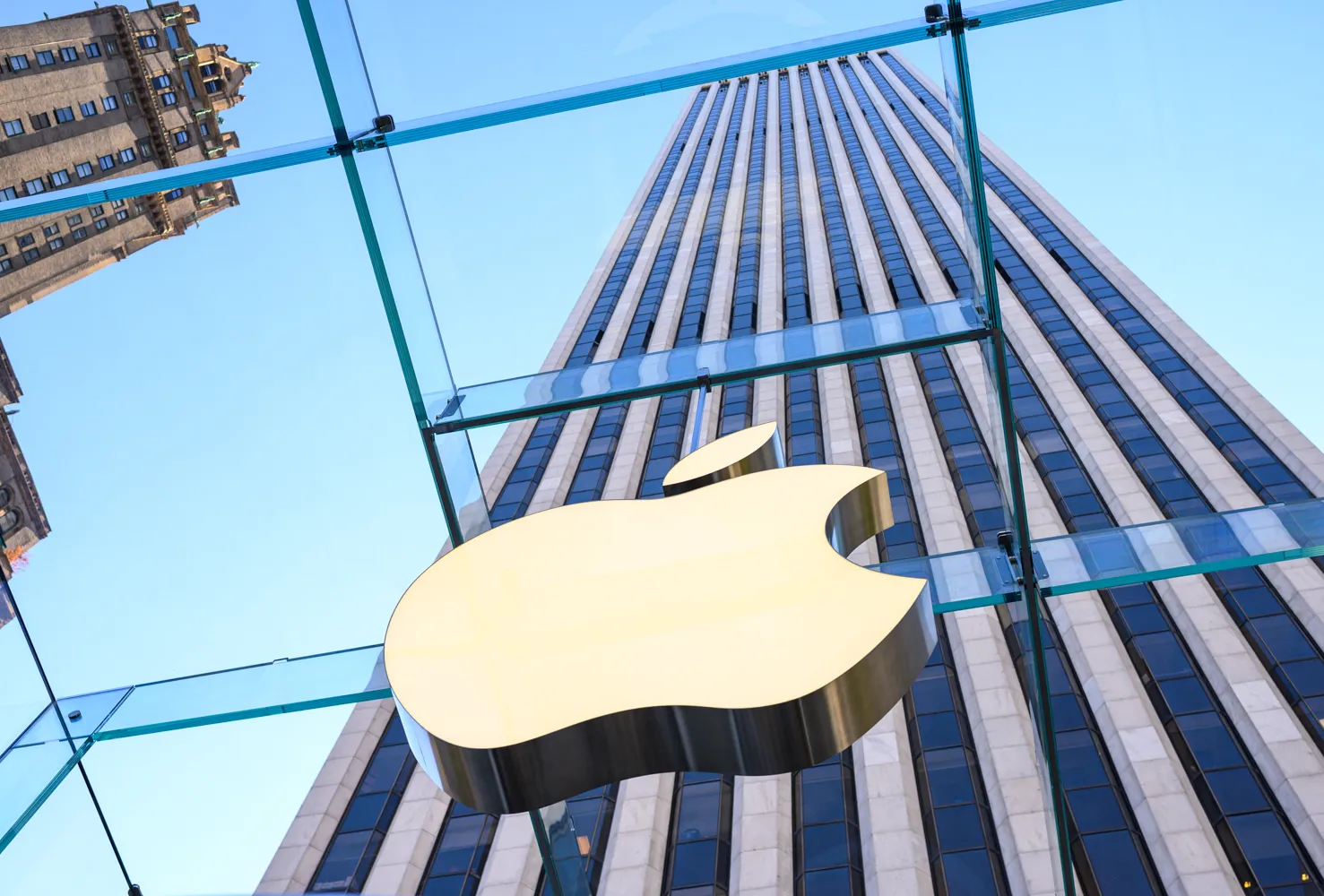Apple hit a $2 trillion market cap Wednesday morning, making it the first publicly traded company in the U.S. to reach the milestone.
The tech giant first breached $1 trillion in August 2018 and doubled in value in just over a year, with a huge boost in growth coming in the past few months alone as the coronavirus pandemic ravaged other parts of the U.S. economy.

Apple’s meteoric rise makes it the most valuable company in the world, surpassing Saudi Arabia’s state-owned Saudi Aramco — which was the first company to hit the $2 trillion mark, according to CNBC.
The massive valuation is only the latest boost to the tech world’s market share. The largest tech giants — also including Amazon, Google and Facebook — have seen astonishing growth amid the pandemic. Amazon posted record-shattering profits in the last quarter, while Facebook shrugged off a major ad boycott.
Digital Trends reached out to Apple to comment on the milestone. We will update this story when we hear back.
Apple’s historic market cap comes at a time when the company is under scrutiny for antitrust practices, specifically when it comes to the App Store. Separate investigations by the New York Times and The Wall Street Journal last year found that Apple has favored its own apps over those made by third parties. The tech giant is currently the focus of federal investigations, and Apple CEO Tim Cook had to testify in a Big Tech antitrust hearing last month as part of the ongoing investigations.
Other companies are alleging Apple’s App Store participates in anticompetitive practices. Last week, Epic Games sued Apple for taking Fortnite off of the App Store. Epic Games’ lawsuit alleges: “Because Apple has a monopoly over the distribution of iOS apps, app developers have no choice but to assent to this anticompetitive tie; it is Apple’s way or the highway.”
Editors' Recommendations
- Skype now supports 911 calls in the U.S.
- U.S. senators call on Amazon to do more to protect the health of its workers
- Bose to close all of its U.S. retail stores in pivot to online shopping
- An eight-year-old U.S. YouTuber earned $26 million in 2019
- More than 750,000 U.S. birth certificate applications exposed online




